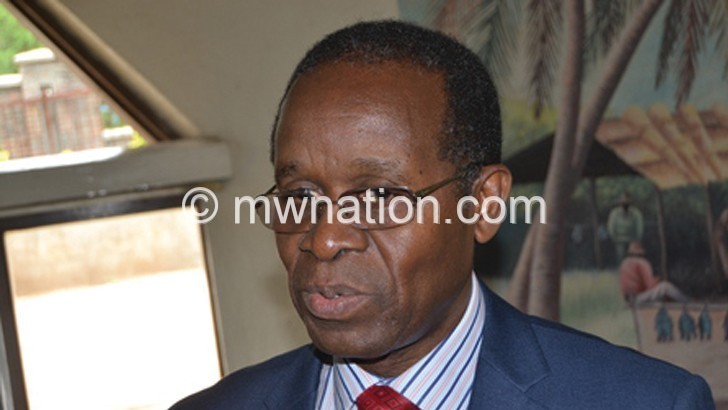‘Smaller’ parties strategise for next year’s polls
Some opposition political parties not represented in Parliament are contemplating an electoral alliance that could see more than 40 of them joining forces.
The parties have been holding meetings for some time, but the intensity has now stepped up as they explore strategies on how best to participate in the polls and perform better.

Some seven political parties, among them, Malawi Forum for Unity and Development (Mafunde), People’s Progressive Movement (PPM), United Transformation Party (UTP), New Labour Party (NLP), United Independence Party (UIP) and the newly-formed ADD of former vice-president Cassim Chilumpha are part of the talks.
PPM leader Mark Katsonga Phiri and UTP acting president Newton Kambala confirmed in separate interviews yesterday about their political talks. Kambala described their agenda as a “rescue mission.”
Katsonga confirmed the party leaders met two weeks ago and on Tuesday last week where a number of issues were tackled, including the likelihood of forming a coalition to contest in next year’s polls.
“There is no alliance at present, but it is a subject that has been coming up as elections get closer. So, we are exploring various ways of how best to move towards the elections. So we are looking at whether to campaign as individual parties like we did in 2014 and all failed or unite.
“We have created a rapport. We are not like other politicians who behave as if we are enemies in politics. Although we have different beliefs on how we can serve the people, but we remain friends,” he said.
Katsonga said they do not want to repeat the same mistakes they have been encountering during previous elections by campaigning and contesting the polls individually.
On his part, Kambala said their ambition is to have at least 40 political parties taking part in the talks.
“We are talking to several other parties and some are ready to join us during our upcoming meetings. Our agenda is to rescue this nation because we all have similar ideologies not just to be in power,” he said.
Political analyst Happy Kayuni said even if opposition political parties noted certain commonalities in them, the problem is they are not policy-based but pursue self-interests and not necessarily national interests.
During the 2014 polls, some smaller opposition parties also formed Tisintha Alliance headed by Mafunde president George Mnensa.





